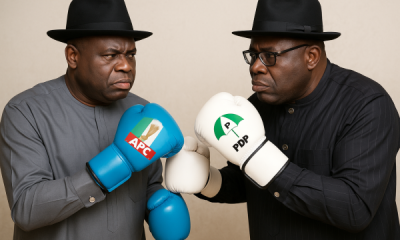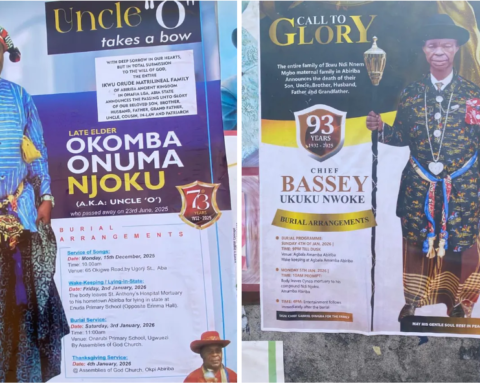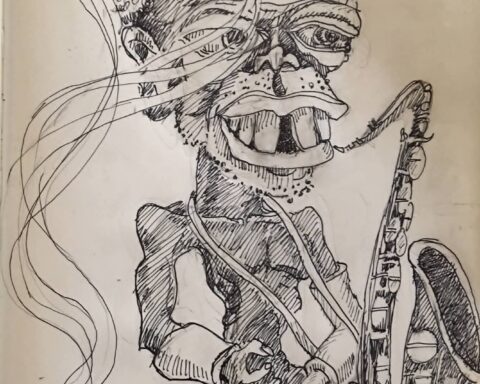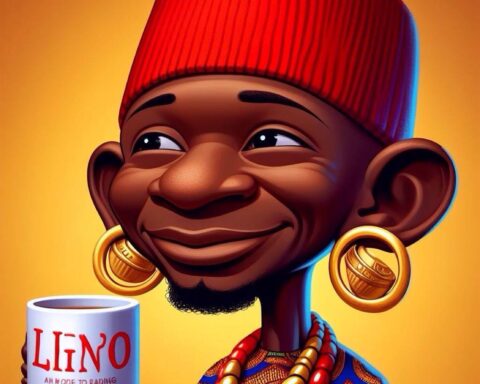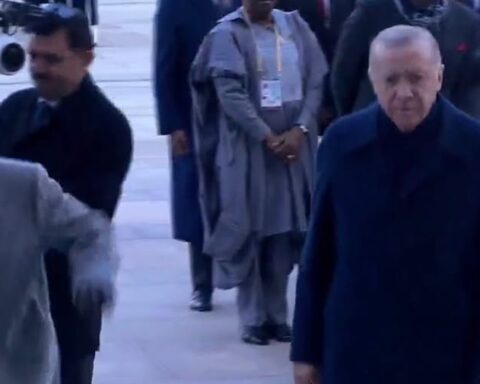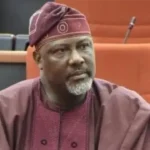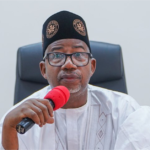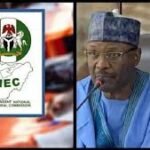Governor Douye Diri of Bayelsa State has ignited what appears set to become the most combustible political drama the state has seen since the impeachment saga that deposed Diepreye Alamieyeseigha in December 2005. His recent announcement that he is leaving the Peoples Democratic Party (PDP) has stirred shockwaves across Bayelsa’s political landscape and raised profound questions about loyalties, succession, and power realignments.
Diri announced his resignation at an expanded State Executive Council meeting, saying the move was for “very obvious reasons,” though he did not publicly detail those reasons.
Meanwhile, he also set up an unprecedented lacuna by not immediately announcing a new party leaving constitutional experts aghast over the alleged violation of the 1999 Constitution which stipulates that a governor must hold office on the platform of a political party. Imagine a lawyer going to court to assert that he has lost his position.
Observers believe his move was in response to the deepening crisis within the PDP at the national level—particularly over disputes around the position of national secretary and the viability of the party’s scheduled convention in November.
This correspondent has also confirmed that Senator Samuel Anyanwu, the party’s recognized national secretary, has not formally endorsed the letter to the Independent National Electoral Commission (INEC) enabling the convention to hold.
That said, not everyone accepts Diri’s narrative. His predecessor—and once political mentor—Senator Henry Seriake Dickson has publicly criticized him, arguing that Diri and other PDP governors failed to fix the internal rot they now use to rationalize their defections. “Governors running from the mess they created,” Dickson declared, contending that Diri consulted him several times but gave no convincing justification for leaving PDP.
Diri announced his resignation at an expanded State Executive Council meeting, saying the move was for “very obvious reasons,” though he did not publicly detail those reasons.
Meanwhile, he also set up an unprecedented lacuna by not immediately announcing a new party leaving constitutional experts aghast over the alleged violation of the 1999 Constitution which stipulates that a governor must hold office on the platform of a political party. Imagine a lawyer going to court to assert that he has lost his position.
This correspondent has also confirmed that Senator Samuel Anyanwu, the party’s recognized national secretary, has not formally endorsed the letter to the Independent National Electoral Commission (INEC) enabling the convention to hold.
That said, not everyone accepts Diri’s narrative. His predecessor—and once political mentor—Senator Henry Seriake Dickson has publicly criticized him, arguing that Diri and other PDP governors failed to fix the internal rot they now use to rationalize their defections. “Governors running from the mess they created,” Dickson declared, contending that Diri consulted him several times but gave no convincing justification for leaving PDP.
Dickson’s public rebuke is especially striking given just how closely their political destinies were once intertwined. Diri, who came into office under peculiar circumstances (sometimes called the “Miracle Governor” because APC’s election papers were challenged and struck down), is now openly breaking away from the party that elevated him.
The fallout sets the stage for a potential public feud between two former allies turned adversaries.
In the immediate term, Diri faces a brutal political question: How will he manage the succession?
Switching parties in a state long dominated by the PDP is no small feat. In Bayelsa, the All Progressives Congress (APC) has been anchored around Timipre Sylva, the former minister of state for petroleum and a past governor. But he has struggled to maintain dominance. In his stead, Senator Heineken Lokpobiri—currently minister of state for petroleum—has gained prominence and public goodwill for his recent performance in that portfolio. Those dynamics will heavily influence who emerges as Diri’s preferred successor.
Would Dickson stand aside quietly? Hardly. He may now seek to position a successor loyal to him—someone who either joined Diri in defecting or is aligned with Lokpobiri. The political tension between Dickson and Diri promises to be high-stakes: both men have strong followings and histories in Bayelsa, and the coming months may reveal realignment strategies, alliances, and perhaps reprisals.
As if that wasn’t enough, the broader national context adds another layer of intrigue. President Goodluck Jonathan, also from Bayelsa, may return to the fray ahead of the 2027 presidential election—possibly under the PDP or via another vehicle like the African Democratic Congress (ADC). If Jonathan is involved, the local stakes multiply. Diri may then find himself trying to simultaneously block Jonathan’s political resurgence while aligning with President Bola Tinubu’s agenda—an impossible balancing act fraught with contradictions and risks.
Already, Diri’s move is yielding immediate returns. All eight local government chairmen in Bayelsa have resigned from the PDP and pledged support to him following his exit.
At the same time, resistance is brewing. Senator Dickson remains in the PDP and is leading efforts to reposition the party in the state.
He implored Bayelsans to maintain peace while urging party loyalists not to be swayed by defections.
The drama is compounded by the fact that Diri’s deputy, Senator Lawrence Ewhrudjakpo has refused to move with the governor.
So what lies ahead?
Succession will be key. Whether Diri endorses a candidate from those who defected with him, throws support behind Lokpobiri, or tries to broker a middle path, it will test his political acumen and influence.
Dickson versus Diri is likely to become a dominant narrative in Bayelsa politics. Their once-close alliance may now evolve into rivalry, with each seeking supremacy over the party machinery and state networks.
Jonathan’s role could amplify tensions. If he re-enters the presidential race, alliances in Bayelsa could split sharply between pro-Jonathan and pro-Tinubu blocs.
PDP’s survival in Bayelsa is becoming questionable. With major defections and internal weakness, the party may struggle to maintain relevance unless Dickson and remaining loyalists mount a strong reorganization.
For political watchers, Bayelsa is now a microcosm of Nigeria’s broader realignment ahead of 2027. The restive PDP, the rising dominance of the APC in the South-South, and the interplay of local kingmakers make this one of the most dramatic state power transitions yet. And for Diri and Dickson, the coming months may rewrite the political map of Bayelsa—not just for the 2027 election, but for a generation of political control.
Follow us on all social media platforms @dailyquery for news and analyses around the globe.
